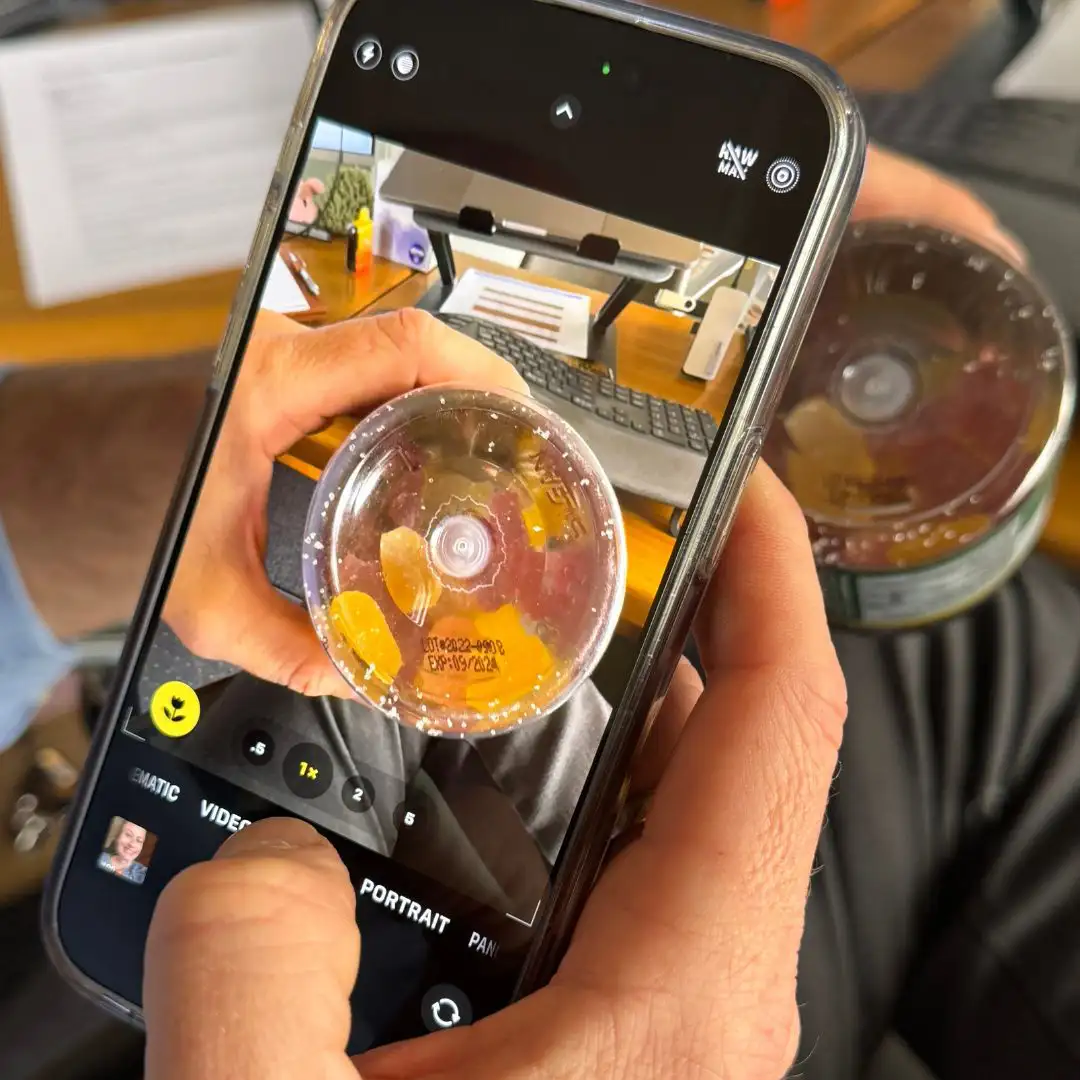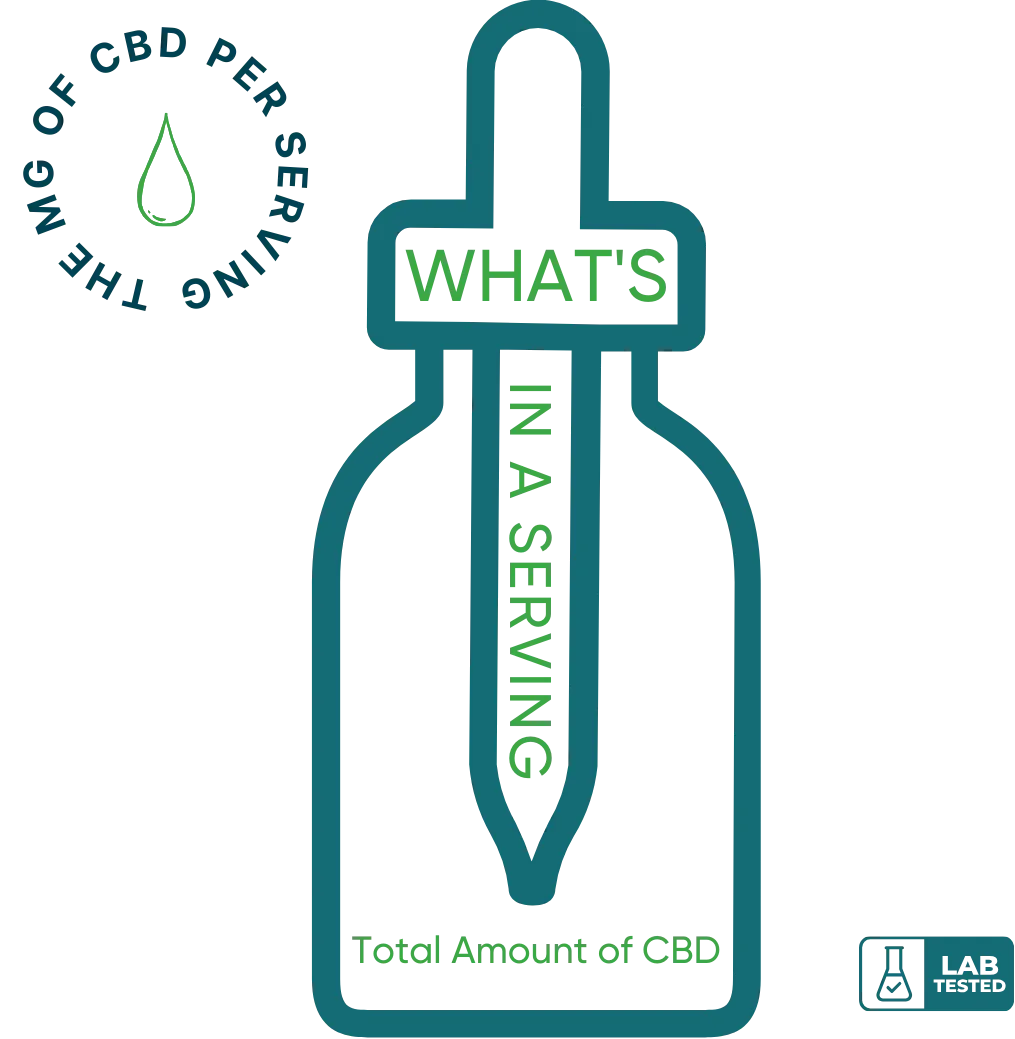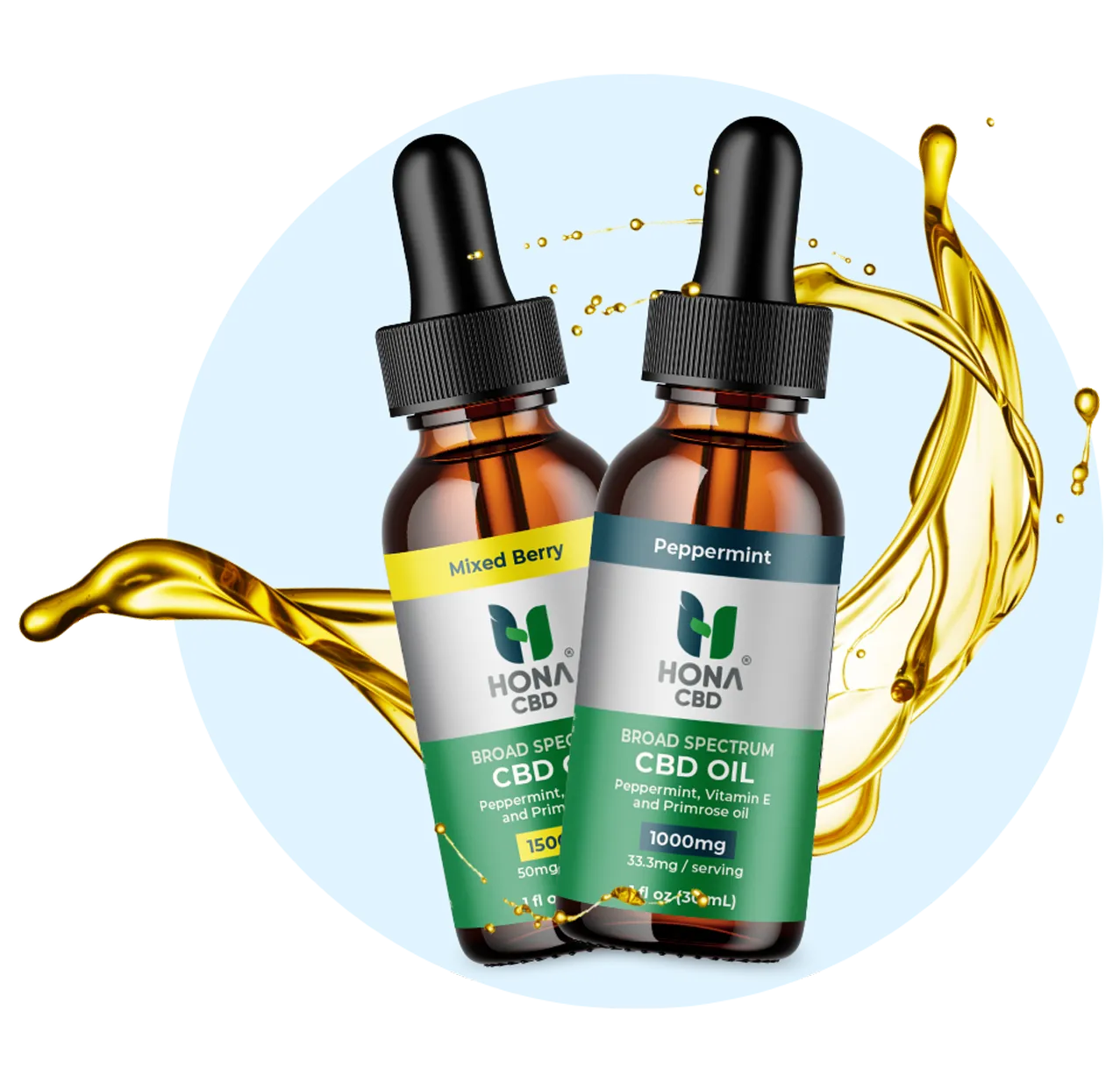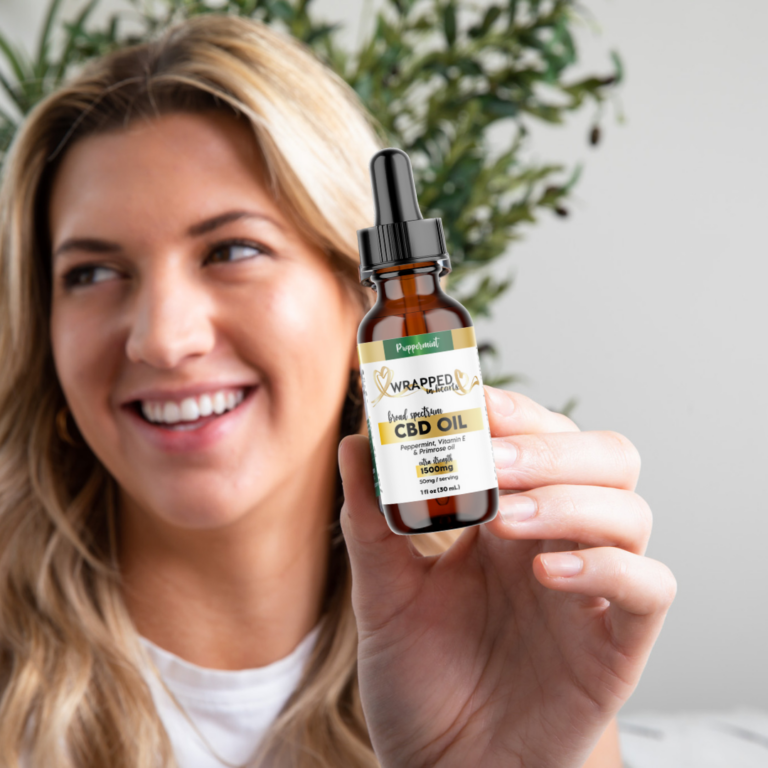Find Your COA: Ensuring Transparency Through Third-Party Testing
Search for a Certificate of Analysis on our products by entering the Lot #, Batch ID, or Product ID:

Your Guide to Decoding a Certificate of Analysis
Third-party lab reports, also known as Certificates of Analysis (COAs), are your key to confident purchases in the CBD industry. To ensure transparency, we source our CBD products from partners who utilize independent third-party lab testing. Each product comes with an in-depth COA for your reference for both our CBD and non-CBD products.
Understanding Your COA: These reports detail crucial information like CBD potency, presence of other cannabinoids, and absence of harmful contaminants. This empowers you to make informed decisions and ensures you’re receiving the expected quality and safety.
Why Third-Party Testing Matters: Ensuring Safe & Effective Products
- Transparency: Verifies the accuracy of CBD concentration and other cannabinoids.
- Safety: Ensures the absence of harmful contaminants like pesticides, heavy metals, or solvents.
- Confidence: Guarantees a high-quality product that meets industry standards.
Third-party testing is an independent analysis conducted by a neutral lab. This process confirms a product’s purity, potency, and adherence to specific regulations, crucial for trust and responsible consumption of CBD products.
What Does a Certificate of Analysis (COA) Really Tell You?
Confidence in Every Bottle
At Temple Health & Wellness, we prioritize quality, transparency, and your overall well-being. That’s why we firmly believe in the importance of third-party lab testing for all our products, CBD and non-CBD alike.
Think of it as a guarantee: third-party lab testing ensures you’re getting a safe and effective product that lives up to its claims.
Independent Verification, Real Results
The CBD market can be confusing, with labels not always reflecting reality. Third-party labs, unaffiliated with any CBD brand, analyze products to verify the actual CBD content, purity, and absence of contaminants.
You can be confident you’re getting the precise amount of CBD advertised, free from harmful contaminants like pesticides, heavy metals, and mold. This applies to all our products, not just CBD. We prioritize your safety and well-being above all else.

A Partnership Built on Transparency & Quality

Demystifying the Label: What to Look for in a CBD Lab Report
CBD Content
The label might state a specific CBD amount, but an independent lab report confirms the exact level, ensuring you get the intended dosage for your needs.
THC Levels
Hemp plants naturally contain trace amounts of THC, the psychoactive compound in marijuana. However, legal limits restrict THC content to 0.3% or less. Lab reports verify this level is met, guaranteeing a non-psychoactive experience.
THC Levels
This breakdown reveals the complete range of cannabinoids present (like CBG, CBDa) in our CBD products. This helps you understand the type of extract you’re purchasing – full-spectrum (containing various cannabinoids) or isolate (pure CBD).
Why Third-Party Testing Matters
Third-party testing is essential for Temple Health & Wellness to ensure product quality, safety, compliance with regulations, and to build trust with you the consumer. It provides objective verification of the product’s contents and helps protect consumers from potential health risks associated with low-quality or contaminated CBD products.
Quality Assurance
We are committed to delivering reliable and high-quality health & wellness products. Third-party testing ensures that the our products contain the claimed amount of CBD, other cannabinoids and free of harmful substances.
It verifies the potency and purity of the product, confirming that it is free from contaminants such as pesticides, heavy metals, residual solvents, and microbial contaminants. This helps establish trust between the manufacturer and the consumer.
Transparency & Credibility
We prioritize transparency by providing independent, third-party verification of all our products, CBD and non-CBD alike. This ensures the accuracy of our claims and empower consumers to make informed decisions with confidence.
Independent lab results provide consumers with assurance that the company’s claims about their CBD products are accurate and knowing you’re getting exactly what’s listed on the label.
Compliance with Regulations
Our commitment to quality extends beyond internal testing. We utilize independent, third-party testing to verify that our products meet the highest regulatory standards, ensuring consumer safety and compliance.
This rigorous approach empowers you to make informed decisions with confidence, knowing the products you choose from Temple Health & Wellness adhere to the strictest quality and safety measures.
Consumer Safety
At Temple Health & Wellness, we believe in empowering you. That’s why we prioritize transparency by providing independent verification of our CBD products’ potency, purity, and accuracy of our claims.
We rigorously test all our products, CBD and non-CBD, to ensure they’re free of contaminants and harmful substances. This protects consumers from risks and empowers them to make informed choices with lab-verified transparency.
Building Trust & Confidence
Building Trust Through Transparency: At Temple Health & Wellness, building trust with our customers is paramount. That’s why we go beyond simply stating the benefits of our products.
When a reputable and unbiased laboratory verifies the quality and safety of a CBD or non-CBD product, it reinforces our brand’s reputation and provides tangible assurance to you. These independent test results empower you to make informed decisions with confidence.

Why is third-party testing important for CBD products?
Third-party testing ensures transparency and consumer safety in the CBD industry. Here’s why it matters:
Transparency
Verifies the accuracy of CBD concentration and other cannabinoids.
Accuracy
Verifies the claims made by the brand about the CBD content and other cannabinoids.
Safety
Ensures the product is free from harmful contaminants that could pose health risks.
Quality
Guarantees a consistent and high-quality product that meets industry standards.

